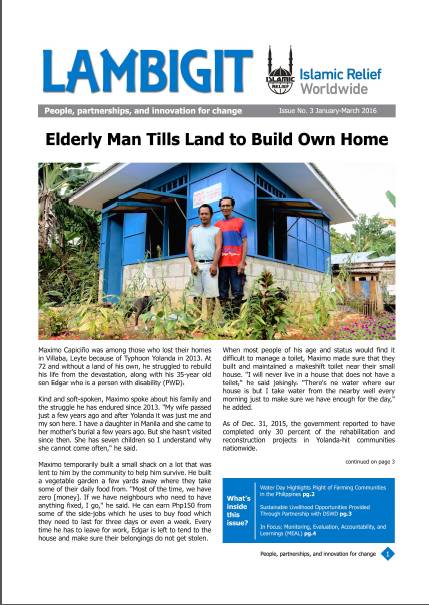
Islamic Perspectives on Sustainable Development
This chapter has two objectives. The first objective explores Zakat allocation and how Faith (Iman) acts as a motivating factor for Zakat payment by Muslims. The second objective explores Zakat distribution which uncovers the possibility of distributing Zakat on sustainable development projects. This programmes is qualitative in nature and based on semi-structured interviews with five scholars in Islamic jurisprudence. Also, this study refers to documentary data and library resources. In analysing the 74 Qur’anic verses, the programmeser will refer to the Qur’anic exegesis or interpretation which is commonly known as Tafsirul-Quran. The Tafsir that is chosen for this programmes is Safwat Al-Tafasir by Muhammad Ali AlSabouni who summarized the view of great scholars in the field of Tafsir such as IbnKathir, Al-Alusi, Al-Qurtubi, Al-Kashaf, Al-Tabari and Al-Bahr Al-Muhit.
There are four sections in this chapter. The second section explores the relationship between faith and Zakat payment. The third section presents the thematic analysis of the interviews conducted with five Shariah scholars on the permissibility of using Zakat to fund development programs. The fifth section concludes the chapter.
Office
https://iracademy.org.uk
Citation
Amir Wahbalbari (2016) The Role of Faith-based Zakat in Islamic Sustainable Development in Islamic Perspectives on Sustainable Development (edited by Shereeza Mohamed Saniff and Raudha Md Ramli) Centre for Islamic Development Management Studies (ISDEV), Universiti Sains Malaysia (USM) & Islamic Relief Academy, Birmingham, UK.







